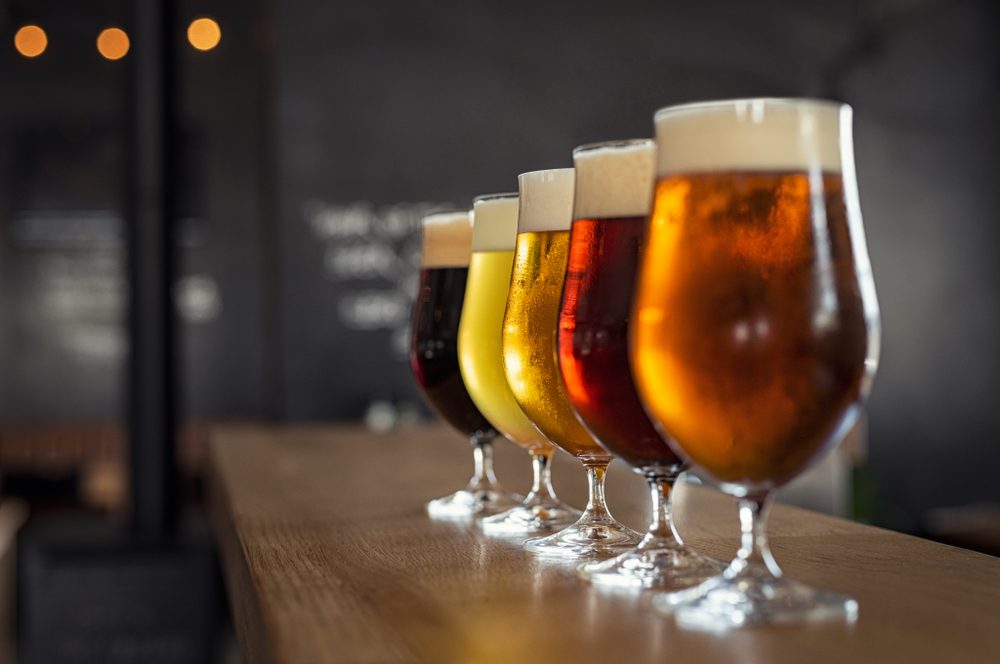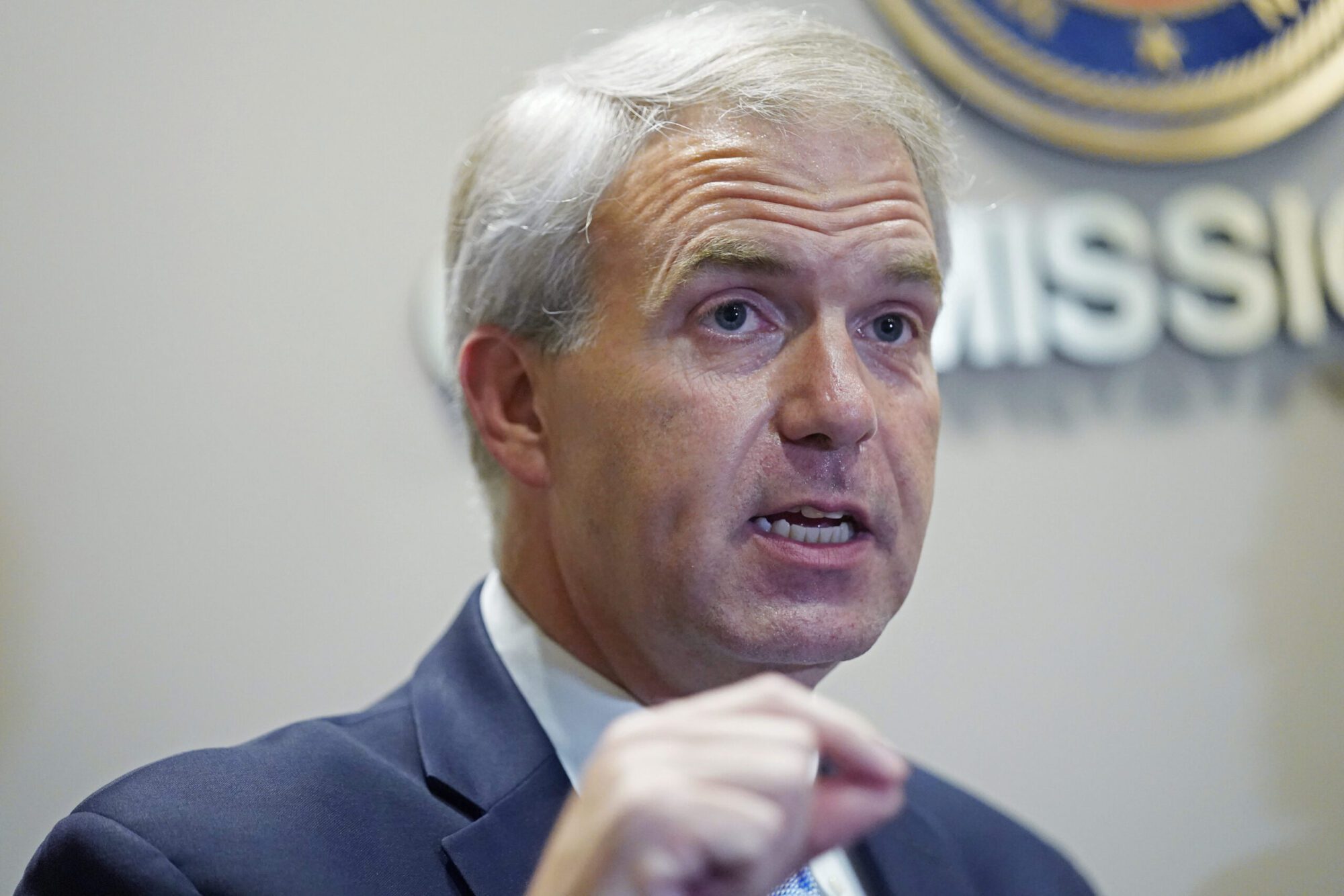
Mississippi officially repealed its Prohibition law in 2021. The journey to recognizing the alcohol industry like any other participant in a market economy is not complete.
Nearly a century after the Twenty-First Amendment ended Prohibition, its legacy endures in the Magnolia State. To this day, the distribution of alcohol in Mississippi is centrally controlled by the state’s Alcoholic Beverage Control division of the Department of Revenue.
Recent legislation and grassroots efforts have loosened some of the State’s grip on the sale of alcohol, but advocates for greater alcohol freedom still face a web of convoluted laws.
Mississippi’s Fight Against Alcohol
Stepping back in time, Mississippi started its journey toward Prohibition long before the Eighteenth Amendment. As Mississippi emerged as a territory in the early nineteenth century, the temperance and anti-saloon movement began taking root in the region. These groups were comprised of the state’s well-to-do planter class and elite businessmen who sought to impose their vision of alcohol policy on the state’s residents.
The first series of state-wide prohibition laws went into effect in 1823, outlawing the sale of distilled spirits. It was met with general disregard by local communities, who turned a blind eye to people distilling, selling and drinking alcohol.
In Hattiesburg, the Wild West town of the Pine Belt, a thriving saloon industry developed. It was the dismissive attitudes of communities like Hattiesburg that temperance advocates, comprised of both Baptist and Methodist ministers, argued for stricter enforcement of the state’s alcohol regulations.
Mississippi was at the forefront of this anti-liquor crusade, passing the first statewide ban on alcohol in 1907, over a decade before the United States passed the Eighteenth Amendment and the Volstead Act. The State would also be the first to ratify the Prohibition Amendment, signaling their continued support for the ban on alcohol.
National Prohibition Arrives & Falls
During the Prohibition Era, Mississippi faced significant social and economic challenges in enforcing the ban on alcohol. Bootlegging, speakeasies, and organized crime seized on the opportunity to provide a service to those who still desired a sip of whiskey or a pint of beer.
Over time, support for national Prohibition waned, and by the mid-twenties, the temperance movement’s influence began to decline. By 1933 the United States had decided that the temperance project had failed and repealed the Eighteenth Amendment.
The federal government’s decision to repeal Prohibition led to a new chapter in Mississippi’s alcohol policy. Mississippi residents were divided on the repeal of Prohibition, but the State was resolute in its support of temperance and utilized the situation to establish its monopoly on the alcohol trade.
Repeal passed in December of 1933 and the following year Mississippi went to work on alcohol policy by legalizing the production, sale, and consumption of beer in all 82 counties, legalizing at-home wine production, and establishing the Alcoholic Beverage Control Commission (ABC).
Dry-supporting counties took umbrage with the State’s decision and demanded that they have the right to opt out of the beer laws. Under the “Local Option Law,” or “Local Option Ordinance,” individual counties decided whether to allow the sale of alcohol within their borders. This led to the emergence of “dry counties,” where alcohol sales were prohibited, and “wet counties,” where alcohol sales were permitted.
Through these legislative acts, the State established a monopoly on the alcohol trade that continues to this day. The latter half of the twentieth century saw a gradual relaxation of alcohol restrictions in Mississippi. It was not until 1966 that the State opted to legalize the sale of liquor, becoming the last state to repeal the restriction.
Similar to how the State handled its beer laws, but from the opposite angle, counties had to vote to opt-in to legalize the sale of liquor within their borders.
Mississippi’s Slow March to Alcohol Freedom
Mississippi’s move to restrict alcohol predated Prohibition by nearly 100 years. Fully embracing the end of Prohibition in 1933 took nearly as long, and arguably is incomplete.
The State of Mississippi’s alcohol policy has undergone a slow transformation over the past couple of decades. Alcohol regulation tends to take place across three “tiers”: beer, wine, and liquor. Each category carries its own unique challenges and points of progress.
Beer
In 2003, Lazy Magnolia was founded as the first craft brewery in Mississippi. It began distributing its beers along the Gulf Coast two years later, and across the state by 2007.
Over the course of the mid-teens Mississippi saw a larger expansion in beer brewing, with the legalization of high-gravity beers in 2014, the decriminalization of homebrewing in 2015, and onsite consumption and sales at breweries in 2017.
The decriminalization of homebrewing and the expansion of brewery owner’s rights highlight growing support for the alcohol industry and the cultural and economic impact craft beer has on the state.
Wine
The brewing industry is not the only one undergoing reevaluation. More recent legislation has sought to target the State’s wine industry.
State House Representative Brent Powell, Republican, and State Senator Walter Michel, Republican, have worked to push forward bills that would allow grocery stores like Kroger and Wal-Mart to sell wine.
Both bills were opposed by liquor store owners who argue that allowing this would negatively harm their businesses. But a recent research article by the Mississippi State University Strategic Business Consulting highlights how the legalization of wine in grocery stores would greatly benefit the state by generating between $13 to $38.5 million in increased tax revenue.
Further restrictions on the wine industry of Mississippi include restrictions on the state’s wine consumers. Senator Michel has also sponsored legislation to allow consumers to purchase wine directly from the vineyard and have it shipped to their homes.
Currently, Mississippi is one of five states that do not allow direct shipment to home. Recent legislation passed by the Legislature has allowed wine consumers to order specialty wines through their local liquor stores for a “convenience markup” that is determined by the individual retailer, but the law stops short of having wine shipped to residential doorsteps.
Liquor
The liquor industry, the most polarizing of the three, has undergone the slowest changes and faces a true uphill battle. Currently, liquor retailers are permitted to be open twelve hours a day (10 to 10) and banned from operating at all on Sundays. The Distilled Spirits Council of the United States (DISCUS) estimates that on average Mississippi loses between $3.8 to $5.8 million a year in tax revenue from these restrictions. Liquor retailers have only recently been granted permission to allow taste testing at their businesses.
Mississippi officially repealed its Prohibition law in 2021. The journey to recognizing the alcohol industry like any other participant in a market economy is not complete.








